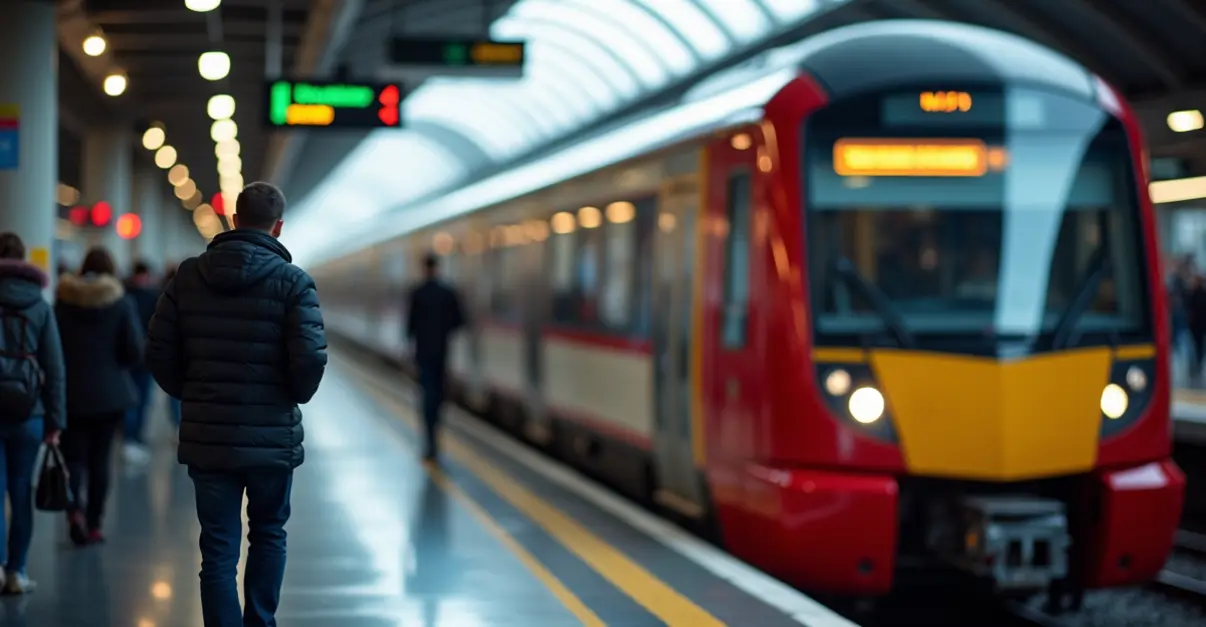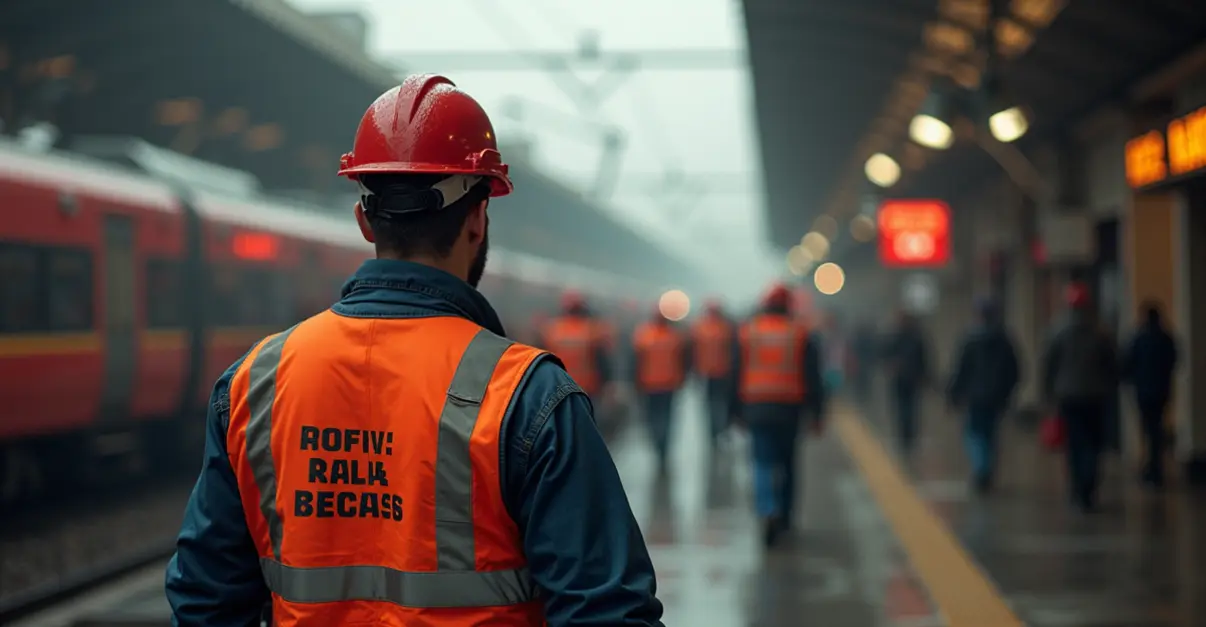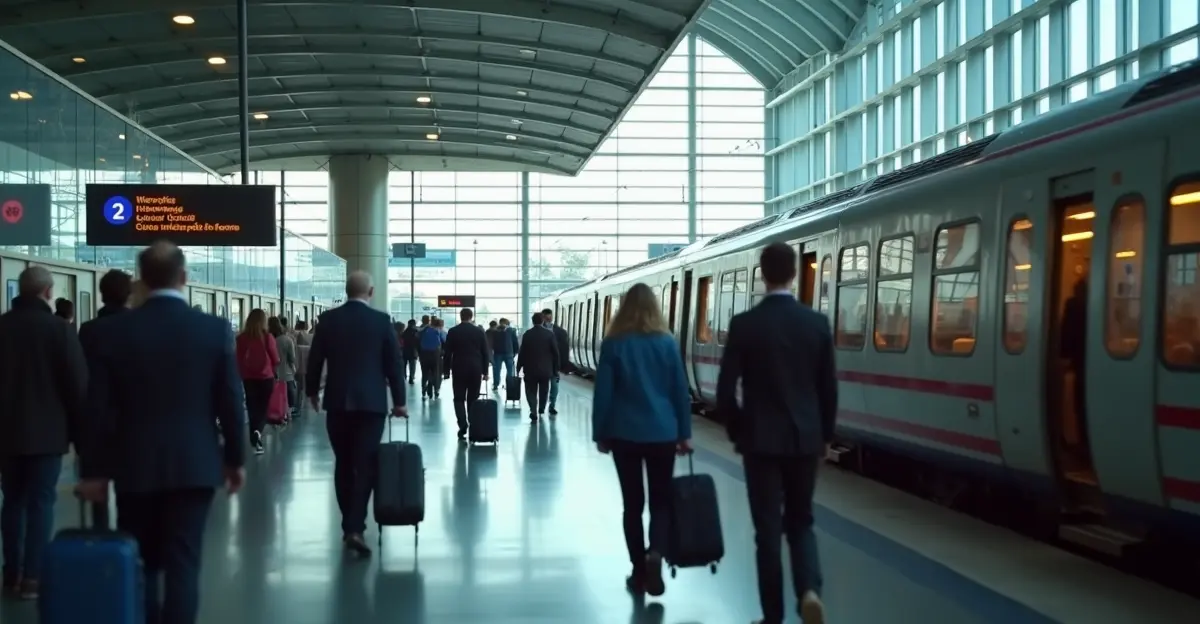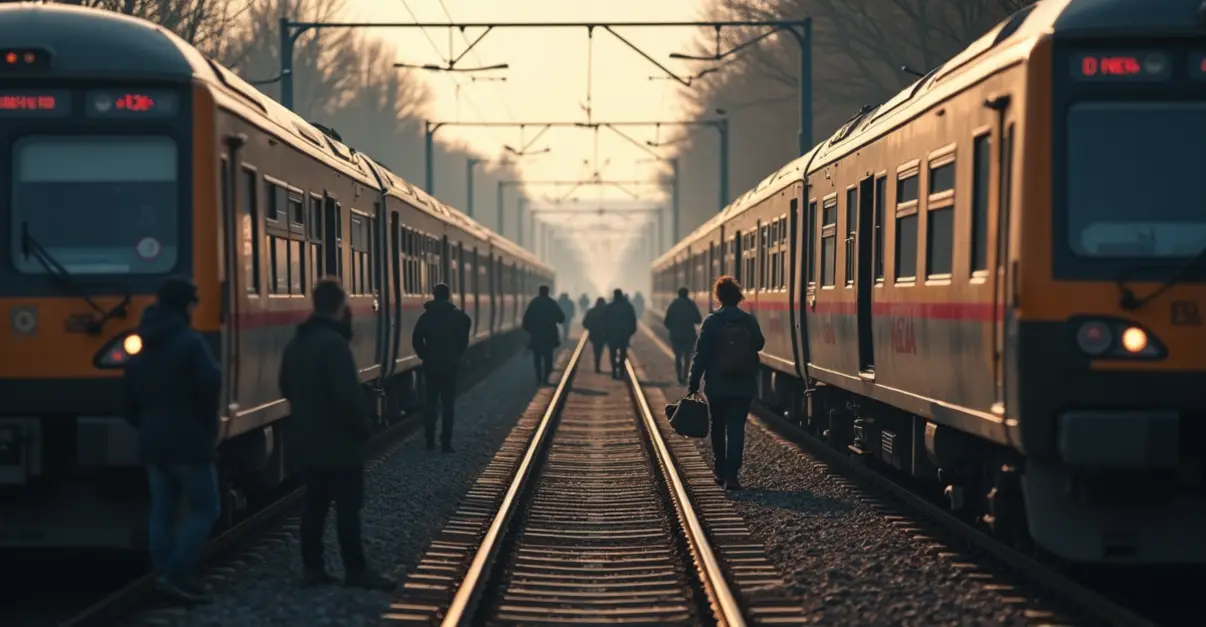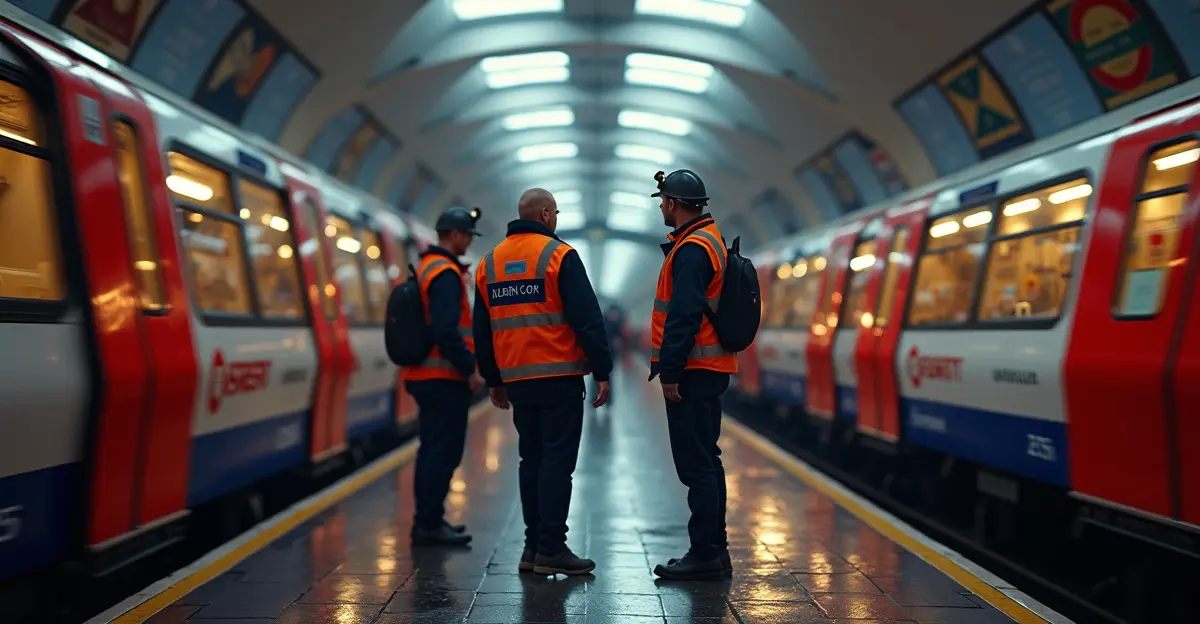Major Rail Strike Paralyzes National Transportation Network
A nationwide rail workers strike has brought train services across the country to a virtual standstill, creating chaos for millions of commuters and travelers. The industrial action, which began early this morning, involves thousands of railway workers from multiple unions protesting over pay disputes and working conditions.
Service Cancellations and Limited Operations
Rail operators have confirmed that only 20% of InterCity and suburban train services are operating, with many routes experiencing complete cancellations. International services including Eurostar, Thalys, ICE, and TGV have been heavily curtailed or cancelled entirely. 'This is the most significant disruption to our rail network in decades,' said Transport Minister Sarah Chen. 'We understand the frustration this causes but urge passengers to explore alternative arrangements.'
Contingency Plans Activated
Transport authorities have implemented comprehensive contingency measures to mitigate the strike's impact. Enhanced bus services are operating from key locations including major rail stations and park-and-ride facilities. Contingency service plans include cross-honoring of tickets between different transit modes and expanded light rail operations.
'Our contingency plan can accommodate approximately 20% of displaced rail commuters,' explained National Transport Authority spokesperson Michael Rodriguez. 'We've deployed hundreds of additional staff to assist passengers and coordinate alternative services.'
Commuter Guidance and Alternative Options
Commuters are advised to work from home if possible, as alternative transport capacity remains limited. For essential travel, several options are available:
- Enhanced regional bus services from designated park-and-ride locations
- Private bus operators offering expanded routes and additional capacity
- Ferry services operating normal schedules with potential capacity increases
- Light rail systems continuing normal operations
- Amtrak services on main corridors (though not honoring regular commuter tickets)
Travel alternatives are being promoted through official channels, with real-time updates available via mobile apps and transport authority websites.
Union Demands and Negotiation Status
The strike follows failed negotiations between rail unions and operators over multiple issues including wage increases, working conditions, and proposed changes to staffing levels. Union representatives cite chronic staff shortages of approximately 1,200 drivers and 600 signalers as a primary concern.
'Our members have been pushed to breaking point,' stated RMT union leader James Thompson. 'We're facing staff shortages, increased workloads, and now threats to our working conditions. This action is a last resort.'
Rail operators have expressed willingness to continue negotiations but emphasize the need for modernization and efficiency improvements. 'We remain committed to finding a resolution that balances fair compensation with necessary operational changes,' said National Rail CEO Amanda Foster.
Economic and Social Impact
The strike is expected to have significant economic consequences, with businesses reporting reduced productivity and increased absenteeism. Tourism and hospitality sectors are particularly affected, with many visitors unable to reach their destinations.
'Our hotel occupancy has dropped by 40% since the strike was announced,' reported hotel manager David Wilson. 'Many guests have cancelled their bookings, and we're seeing a dramatic reduction in restaurant and retail traffic.'
Transport authorities estimate the daily economic impact could exceed £50 million, with additional costs from emergency service provisions and lost productivity.
Future Outlook and Resolution Prospects
If the dispute remains unresolved, unions have threatened additional industrial action, including a potential 48-hour strike in mid-December that could disrupt holiday travel. Both sides have indicated willingness to return to negotiations, but significant differences remain on key issues.
Passengers are advised to continue monitoring official updates and plan for extended disruption. Transport authorities recommend allowing extra travel time, exploring multiple alternative routes, and considering flexible working arrangements where possible.

 Nederlands
Nederlands
 English
English
 Deutsch
Deutsch
 Français
Français
 Español
Español
 Português
Português
